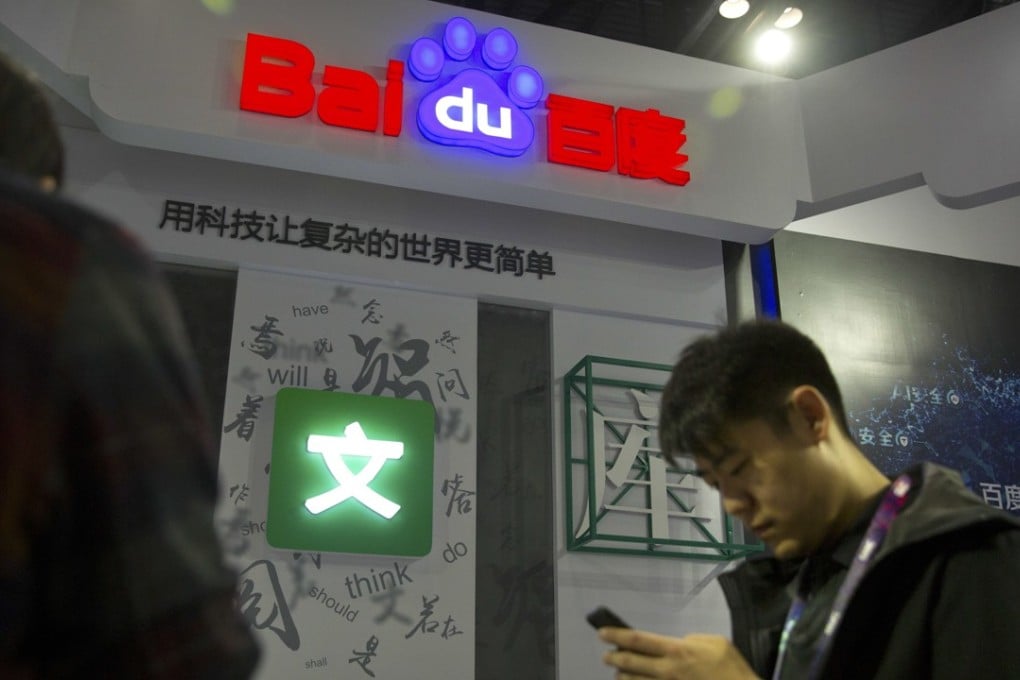True dominance of China's Baidu, Alibaba and Tencent revealed – and how their influence extends worldwide
China Internet Report offers insights into country’s internet landscape, including its unicorns, top internet companies, and most active investors

China’s internet giants are competing with each other on multiple fronts either by nurturing their in-house products and services, or by investing in external players for access to technology and users in artificial intelligence, e-commerce, and media and content, according to a report by the South China Morning Post in conjunction with a US venture capital firm.
The China Internet Report, launched at Hong Kong’s RISE conference on Tuesday, also highlights the role of Chinese internet companies in empowering the country’s next wave of development in rural areas, where around 490,000 online shops are run by rural households, and 55 million rural students are connected to live-streaming classes.
Meanwhile, the US-China trade dispute loomed large at the opening of the RISE conference itself, as major hi-tech companies, start-ups and various industry experts discussed developments in blockchain, artificial intelligence, the internet, e-commerce and other related fields. While Hong Kong is more than 13,000 kilometres away from Washington, recent policy decisions made by the administration of US President Donald Trump hit close to home for a number of conference participants.
“We should all realise that we benefit so much from the openness of the vast technology community,” said Wayne Xu, the president of ZhongAn Information Technology Service, a subsidiary of Hong Kong-listed ZhongAn Online Property & Casualty Insurance. “If barriers are put up today, it will destroy what we have achieved,” said Xu at the conference.
The China Internet Report was jointly published by the Post, its tech news site Abacus and the US venture capital firm 500 Startups. Other key trends discussed include the embrace of the Social+ business model by Chinese internet companies, and the government’s hand in the development of the country’s internet industry.
“The China Internet Report provoked a massive response last year among the international business and technology communities. This year, I am excited to partner with the Abacus and SCMP tech team in our mission to help the world better understand China’s internet landscape,” said Edith Yeung, partner and head of China at 500 Startups.